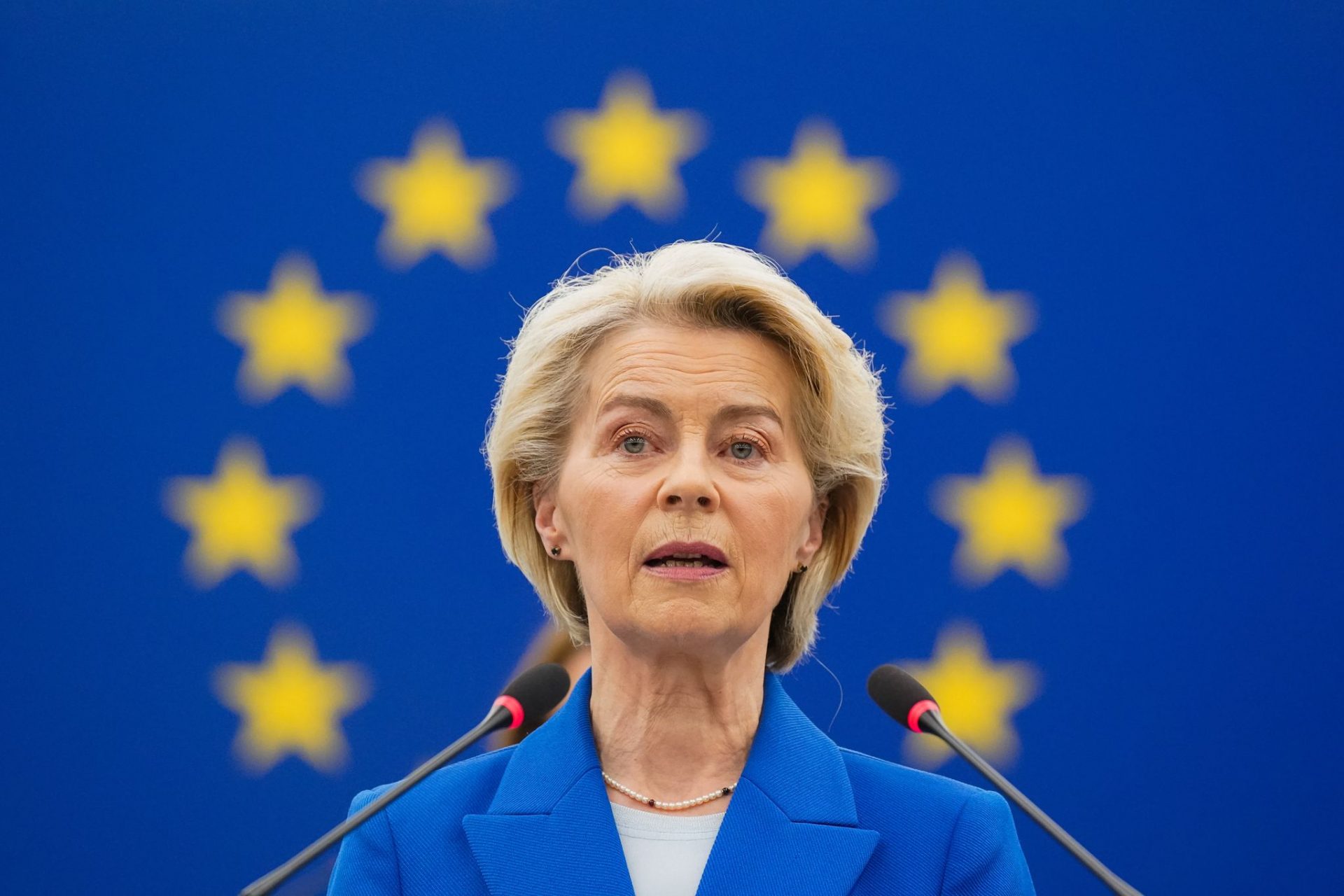 Have the article read by OpenAI (Beta). Please note that AI translations may take some time to process.
Have the article read by OpenAI (Beta). Please note that AI translations may take some time to process.Brussels (dpa) – European Commission President Ursula von der Leyen has added amendment options to her proposal for the European Union’s next long-term budget after the European Parliament threatened to block it, according to a letter seen by the German press agency dpa.
Von der Leyen informed European Parliament President Roberta Metsola and the current EU Council presidency in writing of possible amendments to her proposal, dpa has learned.
The options include giving regions more say, offering possible safeguards for the agricultural sector and strengthening the European Parliament’s role in allocating money from the EU budget.
If EU member states agree, a share of EU budget funds could be reserved specifically for the development of rural regions, in addition to earmarked spending under the Common Agricultural Policy (CAP).
According to the letter, the additions are intended to support the adoption process of the EU’s financial framework for 2028–34. The long-term budget would allow spending of around 2 trillion Euro – roughly 700 billion Euro more than during the current seven-year budget period.
The move comes after the leaders of the main political groups in the European Parliament told von der Leyen in a joint letter that they partly reject the Commission’s initial proposal.
In the letter sent in late October, the senior EU lawmakers express regret that the Commission’s proposal presented in July did not take into account the parliament’s position on preserving the role of regional policy and the parliament’s say in spending decisions.
The letter was signed by the leaders of the Conservatives, Social Democrats, Liberals, Greens and other senior legislators working on the file.
The signatories criticise the fact that instead of dividing the money into several separate funds, each EU country would come up with individual spending plans in the next budget period.
This could lead to large sums of money being not transparently allocated, prompting imbalances, the letter said.
The EU’s budget, dubbed the multi-annual financial framework, spells out the bloc’s policy priorities for the coming years and how much money is allocated to different areas.
The budget is adopted under a special legislative procedure: EU member states must approve it unanimously and the European Parliament must give its consent. If parliament does not reach the required majority, the proposal fails. (10 November)
The editorial responsibility for the publication lies with dpa.
